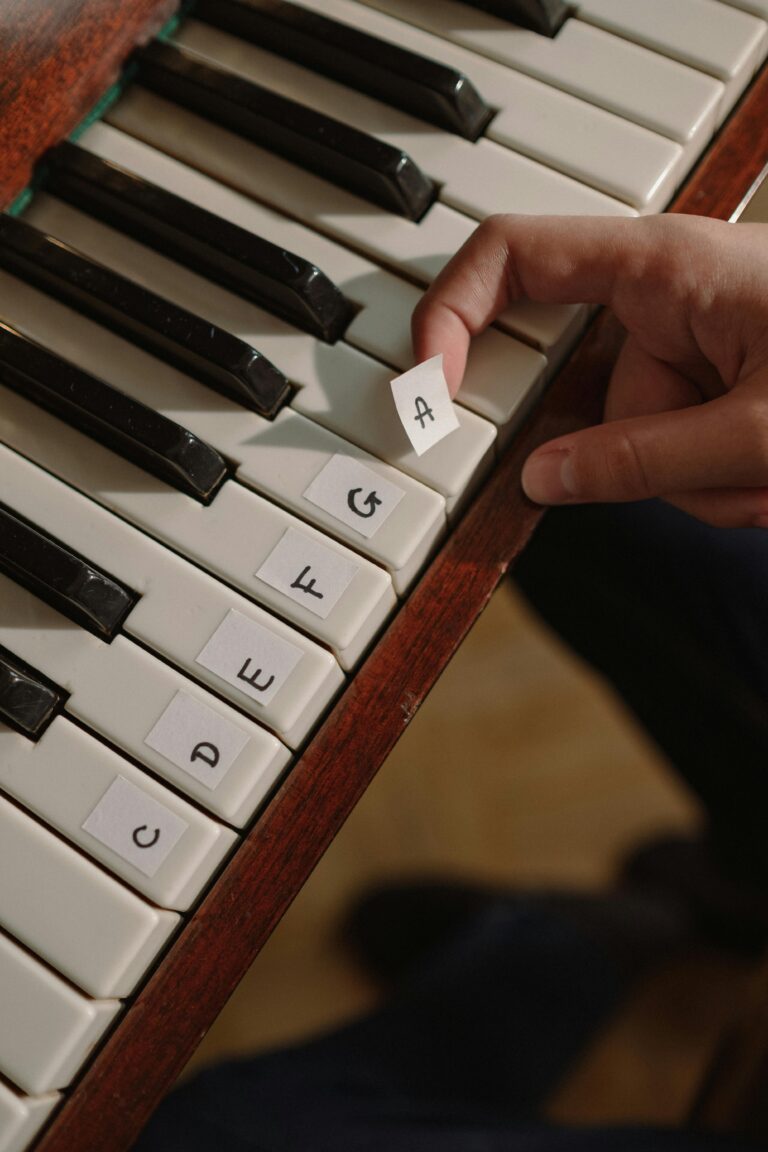Menu
Menu
Menu
Empowering Minds, Inspiring Futures
Encouraging kids to learn the keyboard is an investment in their personal and academic growth. It’s a fun and rewarding way to develop essential life skills while nurturing a love for music.
At Sterling Academy, we offer engaging and comprehensive keyboard classes designed for students of all ages and skill levels. Whether you’re a beginner starting from scratch or an intermediate player looking to enhance your skills, our expert instructors provide personalized guidance to help you master the art of playing the keyboard.
Learning to play the keyboard offers numerous benefits for children beyond just music. Here’s why it’s a valuable skill:
1. Enhances Cognitive Development
Playing the keyboard stimulates the brain, improving memory, concentration, and problem-solving skills.
It enhances hand-eye coordination and fine motor skills as kids learn to play different keys simultaneously.
2. Boosts Academic Skills
Music training has been linked to better performance in subjects like math and reading.
Learning musical patterns helps with understanding mathematical concepts, such as fractions and patterns.
3. Encourages Discipline and Patience
Regular practice teaches kids the value of discipline, patience, and perseverance.
They learn to set goals and work consistently to achieve them.
4. Fosters Creativity and Expression
Playing the keyboard allows children to express themselves creatively.
They can experiment with different melodies and rhythms, boosting their imaginative thinking.
5. Builds Confidence
Mastering a musical skill like playing the keyboard gives kids a sense of accomplishment.
Performing in front of family or peers helps build self-esteem and reduces stage fright.
6. Provides a Lifelong Skill
Learning the keyboard at a young age lays the foundation for exploring other musical instruments. Music becomes a lifelong companion, offering relaxation and joy.
1.Basic to Advanced Techniques: Develop hand coordination, finger strength, and rhythm.
2.Chords and Scales: Understand major and minor chords, scales, and their applications.
3.Music Theory: Learn to read sheet music and explore music notation.
4.Playing by Ear: Develop the skill to identify notes and play tunes by ear.
5.Song Repertoire: Practice playing popular songs across genres like classical, pop, and jazz.

Our keyboard curriculum is thoughtfully designed to suit students at different stages of their musical journey. Whether you’re just starting out or aiming to master advanced techniques, we offer structured levels to meet your goals.
Our keyboard curriculum is thoughtfully designed to suit students at different stages of their musical journey. Whether you’re just starting out or aiming to master advanced techniques, we offer structured levels to meet your goals.